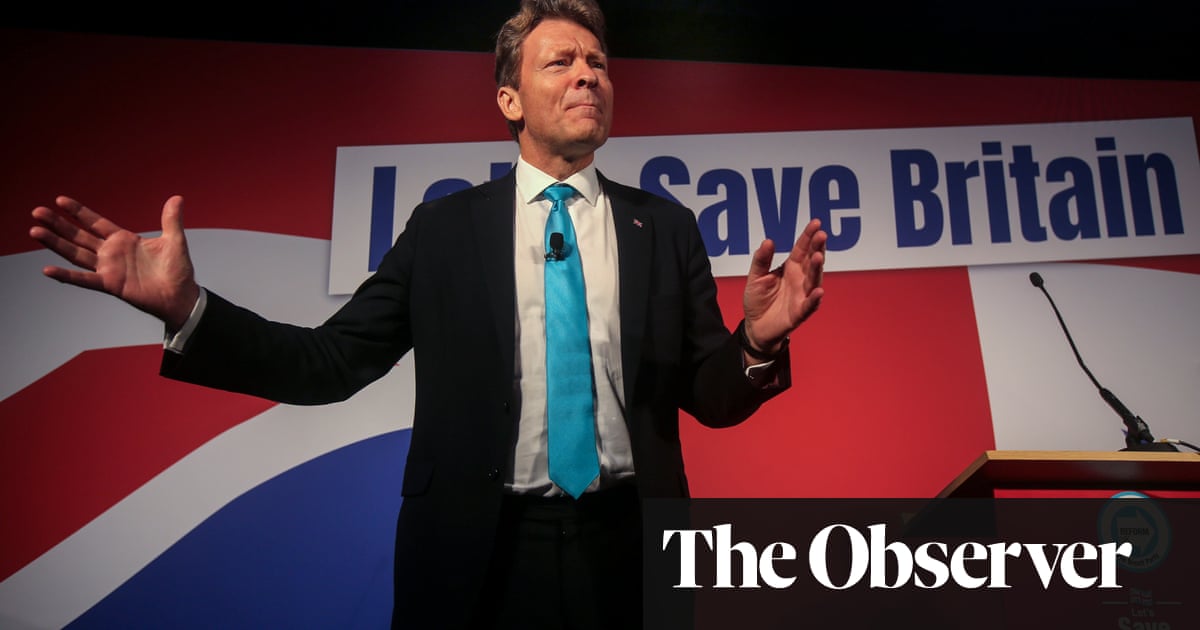
The creative industries have been left by the government to face the consequences of a “no-deal Brexit”, a parliamentary hearing into the impact of EU visa arrangements on artists and crew was told.
MPs at the digital, culture, media and sport committee hearing told DCMS minister Caroline Dinenage that her department was treated as an “afterthought” by the government, and that during Brexit negotiations the creative industries were not prioritised, despite their accounting for about a quarter of the UK’s economy.
“As a department you’re almost an afterthought, frankly … [the cultural sector] which is a world-leading part of the UK economy has basically been left to endure no-deal Brexit,” said the DCMS committee chair, Julian Knight.
Dinenage said that DCMS plays a “pivotal role in bringing all the other government departments together” but added that some departments did not work “super collaboratively together all the time”.
The committee held two sessions to discuss the EU visa arrangements for artists and cultural workers, which have created layers of bureaucracy that led to £600 in visa-related costs for one British pianist who was due to perform at a concert in Spain.
Lyndsay Duthie, the chief executive of the Production Guild of Great Britain, said it was more likely that a European production such as Game of Thrones, which was partly shot in Northern Ireland, could now avoid the UK altogether because of the extra costs involved.
“It is possible that people with companies would base themselves in a European centre to avoid some of that red tape, but we don’t want that to happen,” she said.
MPs asked Dinenage if the restrictions on artists coming from the EU to the UK was part of an ideological push by the Home Office to deliver its election promise to “take back control” of UK borders.
Dinenage said the MPs were “barking up the wrong tree” and that the Home Office would have been “very interested in the visa proposals that the EU was putting forward, if they were firm guarantees”.
Earlier, Deborah Annetts, the chief executive of the Incorporated Society of Musicians, said the government needed to provide “cast-iron advice” to musicians looking to work in European member states, which at present have different entry requirements for UK acts.
She said: “They know the issues around mobility and carnets, which are the two things that are uppermost in the minds of the music sector at the moment. They should be sorting this out; so far, they have not.”
Dinenage confirmed that at present, there are no ongoing negotiations with individual EU member states over entry requirements, visas and work permits for artists, musicians or technical crew.
This week Sir Ian McKellen, Julie Walters and some of the biggest names in British theatre signed an open letter appealing to the prime minister to revisit the visa rules, saying they are a “towering hurdle” that must be urgently addressed.
“Before, we were able to travel to Europe visa-free. Now we have to pay hundreds of pounds, fill in form after form, and spend weeks waiting for approval – just so we can do our jobs,” the letter said.












